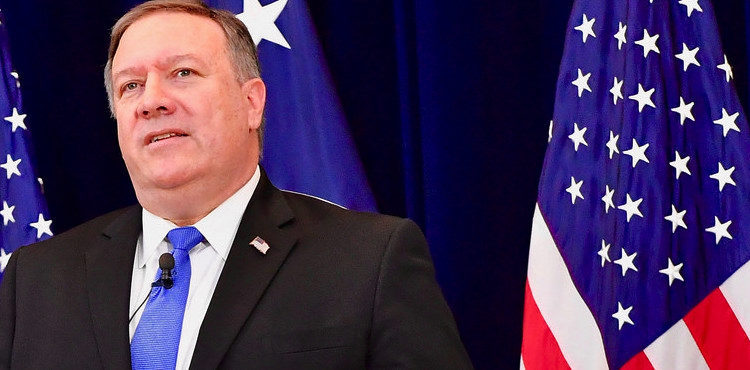By Thomas Verfuss
Visa restrictions slapped on staff of the International Criminal Court by the United States go beyond limiting travel opportunities; it could potentially put Washington on a collision course not only with the ICC, but also with the United Nations.
On Friday, US Secretary of State Mike Pompeo announced ICC staff linked to investigations of American and Israeli citizens would not receive visas to enter his country.
The US hosts the headquarters of the organization in New York, where world leaders visit each year to meet and talk at the annual session of the UN General Assembly. In the past, there have been conflicts when the US, for political reasons, did not like to welcome leaders like Cuba’s Fidel Castro and Palestine’s Yasser Arafat on their soil. The UN then insisted that they have a headquarters agreement with the US that pledged to facilitate entry for everyone who must be in New York for the proper functioning of the organization.
Though the ICC is not a UN body, it has a relationship with the UN. The UN Security Council can ask the ICC prosecutor to investigate, which it did in the situations of Darfur (Sudan) and Libya. The ICC prosecutor and her staff regularly travel to New York to report on those investigations. ICC Prosecutor Fatou Bensouda in her function is linked to all situations under ICC scrutiny, thus also to Afghanistan. (An authorization of a pre-trial chamber to open a formal investigation in that country might be published any time soon.)
Bensouda thus falls under the scope of the visa restrictions the US Secretary announced on Friday. A refusal by the US to give the Gambian jurist a visa to enter the US and deliver her reports in New York might lead to a diplomatic standoff between the US and the UN.
In private conversations ICC staff members have questioned how strong the support of the states parties to the Rome Statute will be when the court comes under increased threat from Washington. The announcement of the opening of a formal investigation into Afghanistan would be a crucial moment of truth to test that support.







